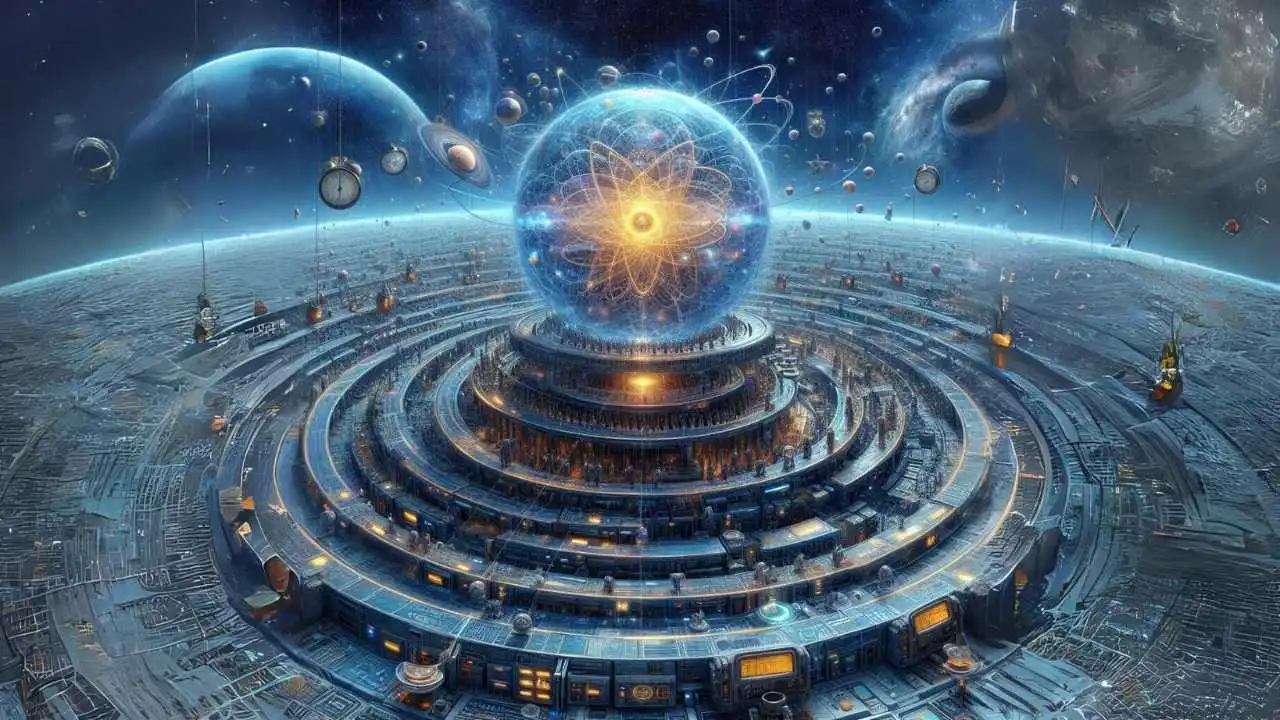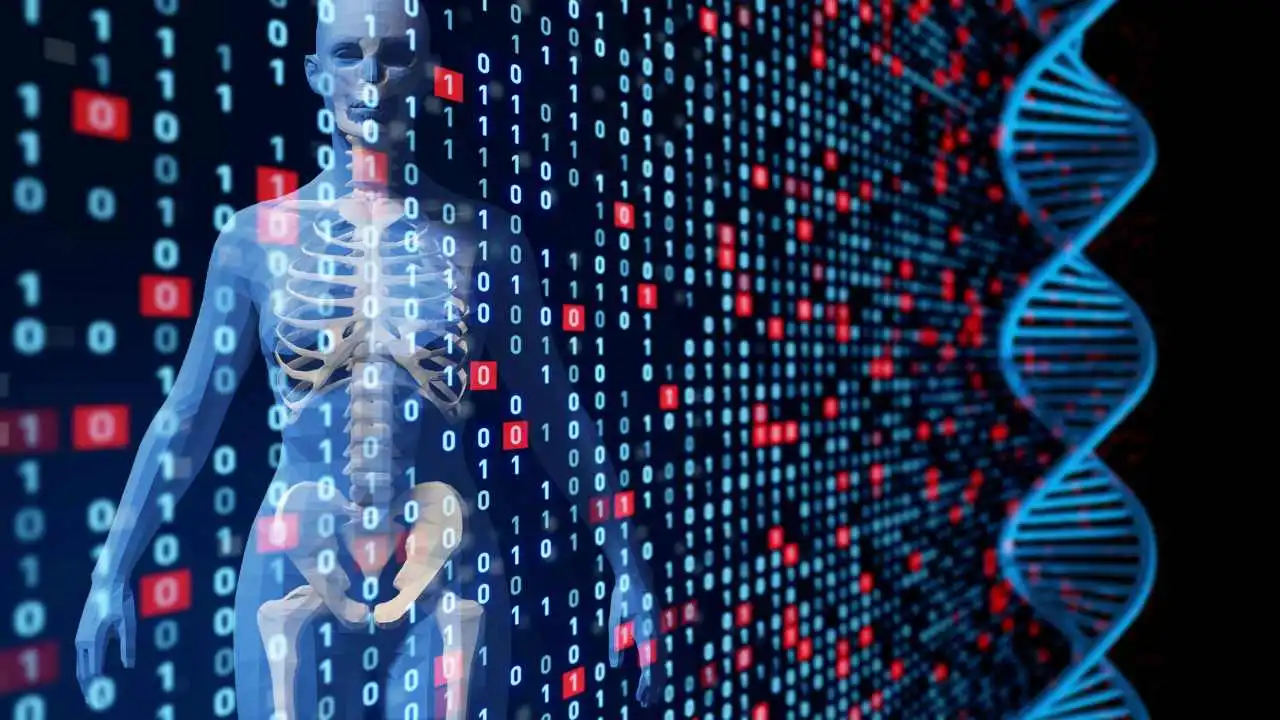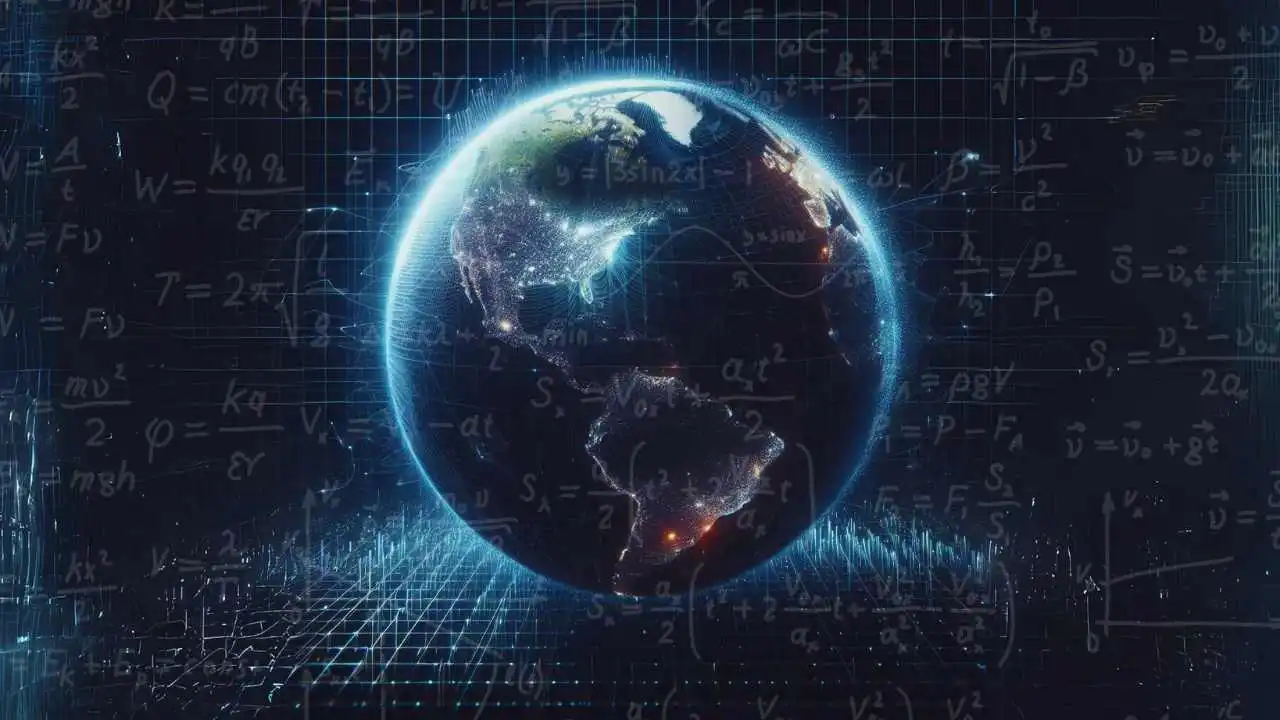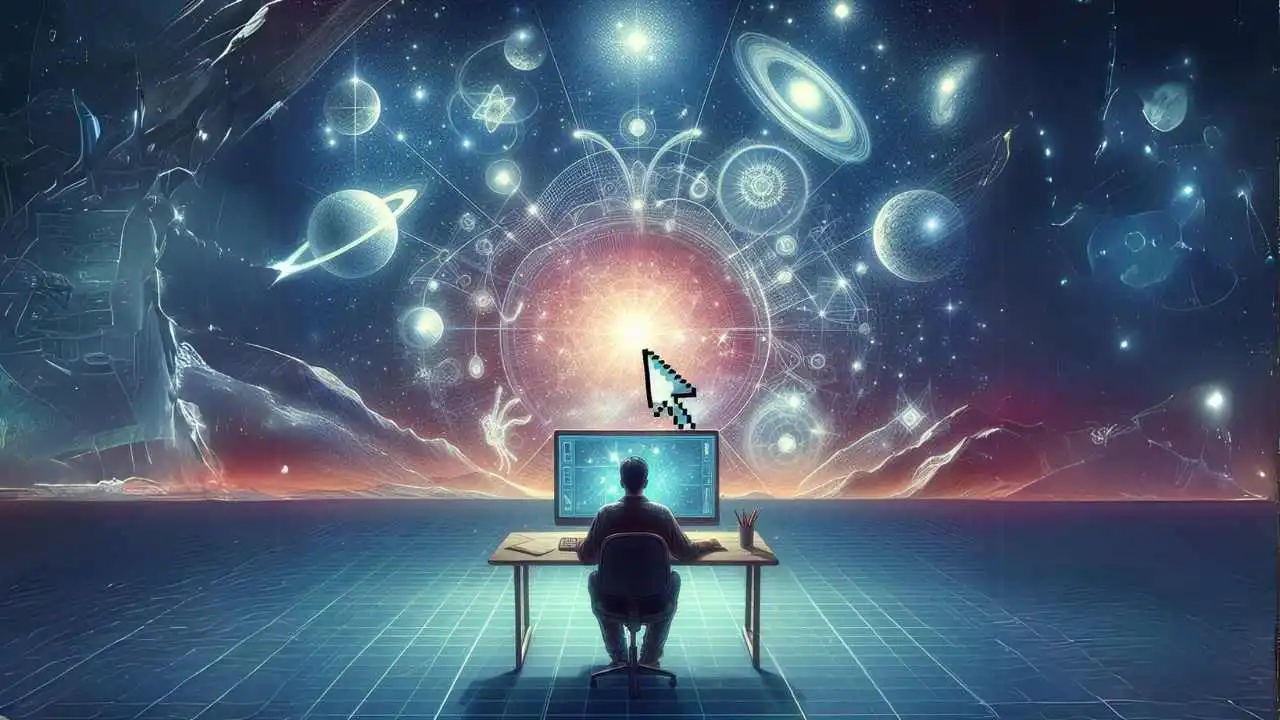In the vast expanse of the universe, with its galaxies, stars, and planets, there lies a question that has intrigued both scientists and philosophers alike: Is our reality genuine, or are we living in a grand computer simulation? The idea might sound like a plot from a sci-fi movie, but recent scientific discoveries are nudging us to reconsider our understanding of reality.
The Simulation Hypothesis and the Second Law of Infodynamics:

The simulation hypothesis suggests that our universe, with all its complexities, might just be a digital construct, akin to a sophisticated video game. While this concept has been a topic of philosophical debate for years, recent advancements in the realm of information physics have breathed new life into it.
Enter the second law of infodynamics. In simple terms, this law describes how information (think of it as computer data) behaves in our universe. Just as energy can neither be created nor destroyed, information too follows certain principles. Dr. Vopson’s groundbreaking research indicates that information might not just be abstract data but could possess physical properties, much like matter.
Elon Musk’s Take on the Simulation Hypothesis

Elon Musk, the visionary entrepreneur and CEO of companies like Tesla and SpaceX, has been vocal about his views on the simulation hypothesis. He posits that the chances we are living in “base reality” are one in billions. Instead, he believes that what we perceive as reality is more likely a sophisticated computer simulation. Musk’s perspective is rooted in the rapid advancement of video game technology. If we can create realistic virtual realities now, who’s to say that in the future, these simulations won’t be indistinguishable from reality? And if that’s the case, how can we be certain that we aren’t already living in such a simulation?
Information: The Building Block of Reality?
If we were to consider that everything around us, from the vast galaxies to the tiniest of atoms, is made up of information, it introduces a paradigm shift in our understanding of existence. Information, traditionally seen as intangible, might have weight and substance. This means that the line between the digital and the physical world could be blurrier than we thought. If a tree falls in a forest and no one is around to hear it, it’s not just a philosophical question anymore but also a question of information dynamics.
🔬 Subscribe to SciMail
Get the latest science discoveries straight to your inbox!
Genetics, Evolution, and Information Dynamics:

The implications of the second law of infodynamics stretch far and wide, even into the realm of biology. Genetic mutations, the driving force behind evolution, might be governed by information principles. If genetic changes are a result of information dynamics, it could revolutionize our understanding of evolution, genetic research, and virology. It’s like looking at DNA not just as a biological code but as a sophisticated programming language that evolves and adapts based on information principles.
Symmetry: The Universe’s Signature of a Simulation?

One of the most captivating findings from Dr. Vopson’s research is the relationship between symmetry and information. Symmetrical patterns, like the mesmerizing wings of a butterfly or the intricate designs in snowflakes, might be the universe’s way of minimizing information chaos. This prevalence of symmetry could be a hint, a signature if you will, of a simulated universe. If the universe were a grand design, then symmetry might be its aesthetic choice, a choice driven by the need to maintain order in information.
While the idea of a simulated universe is still a hypothesis, the second law of infodynamics provides compelling evidence to at least consider it. As we continue to unravel the mysteries of the universe, we might just find that the line between science fiction and science fact is thinner than we ever imagined.


Leave a Reply